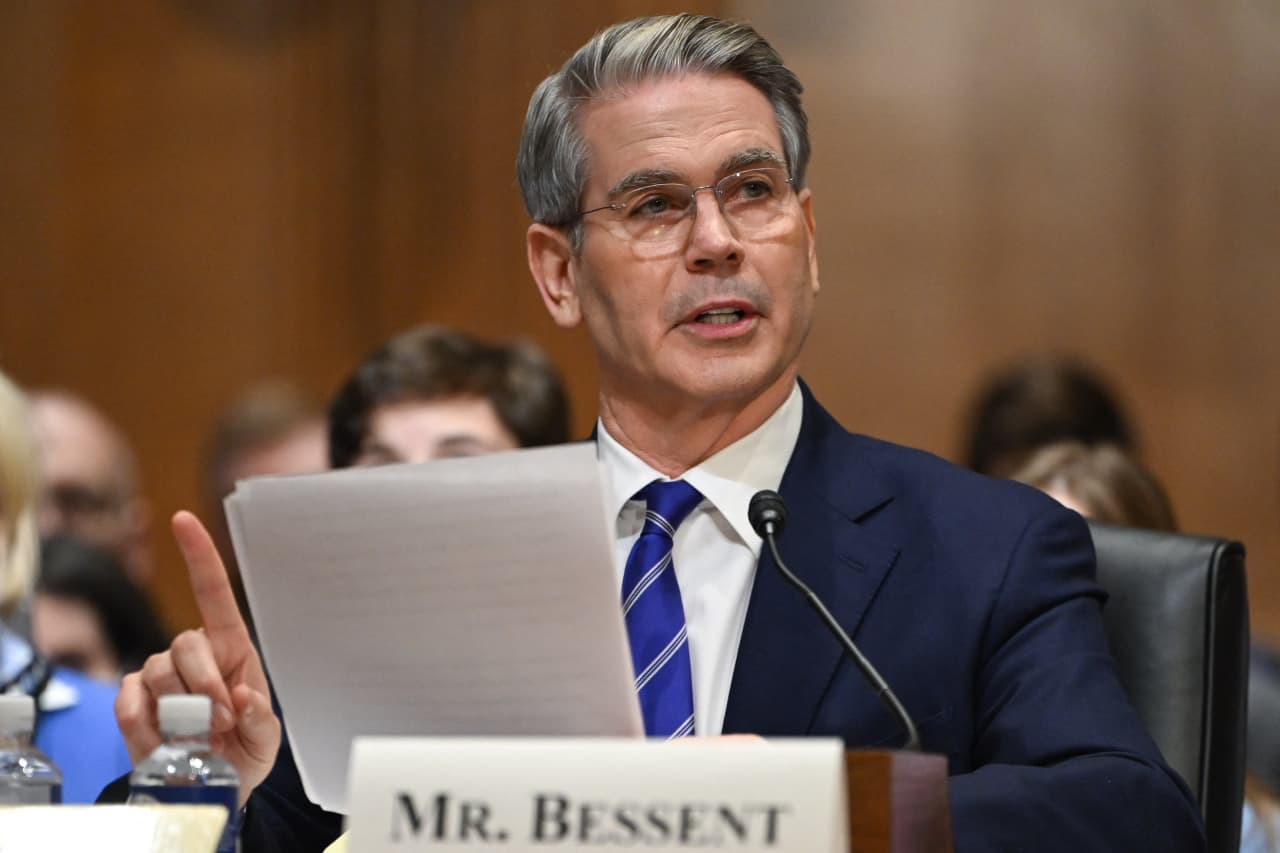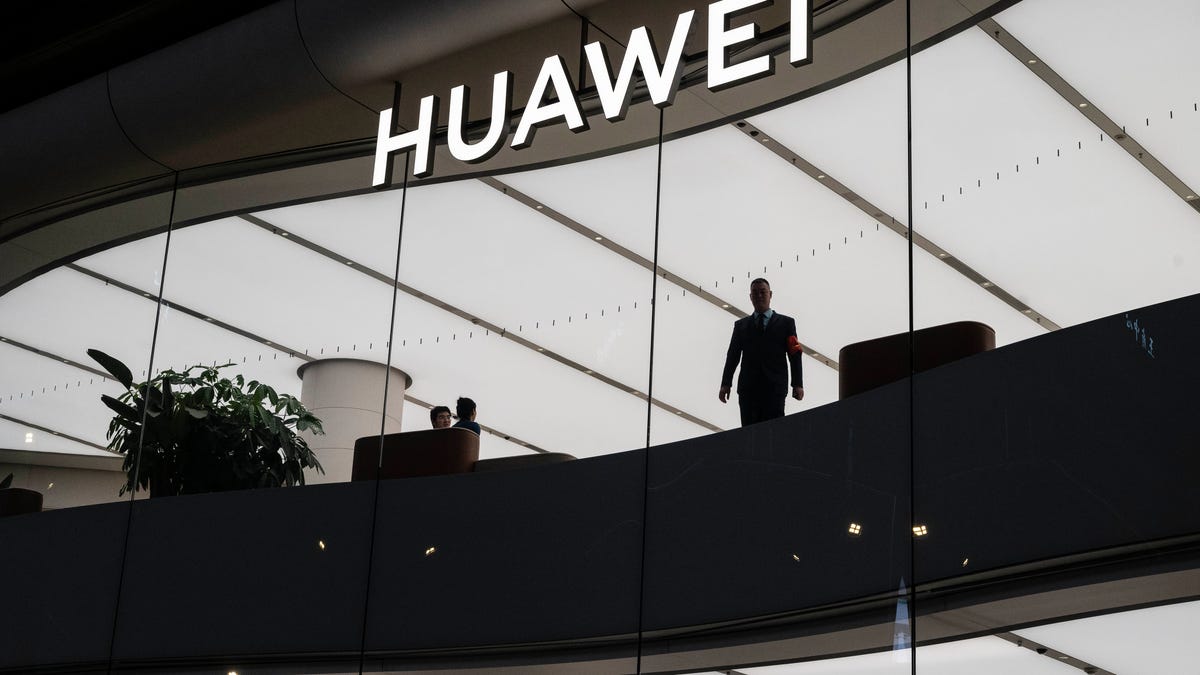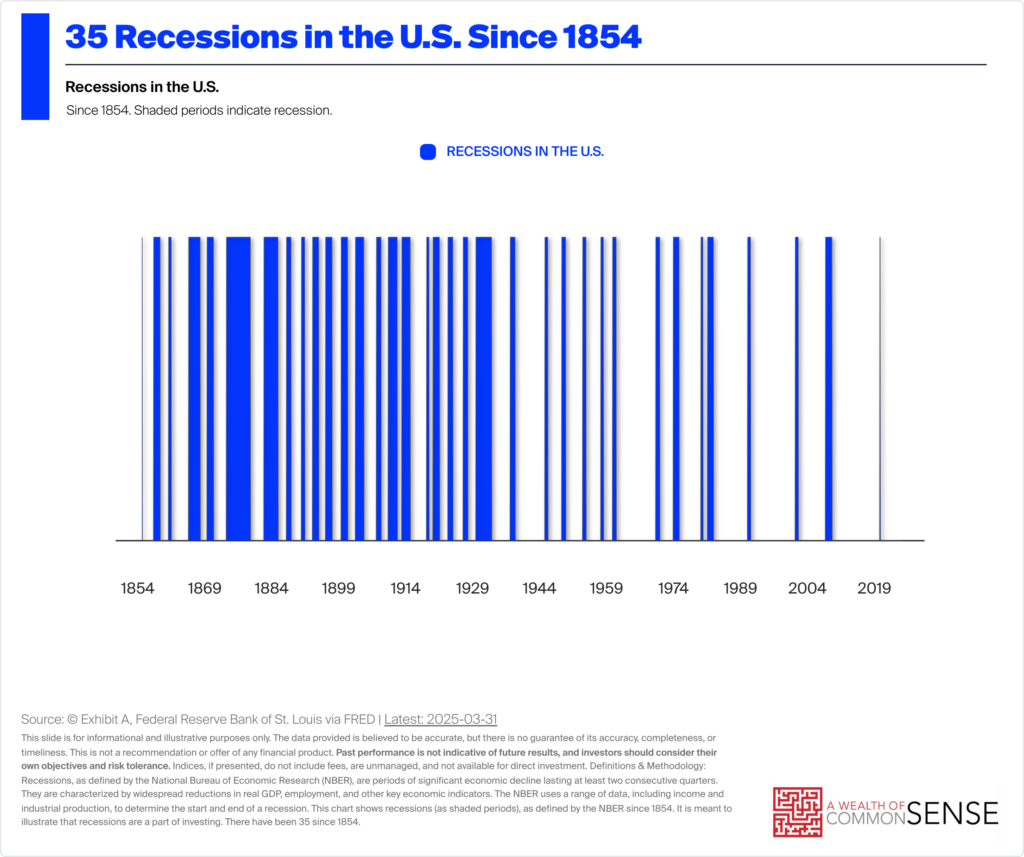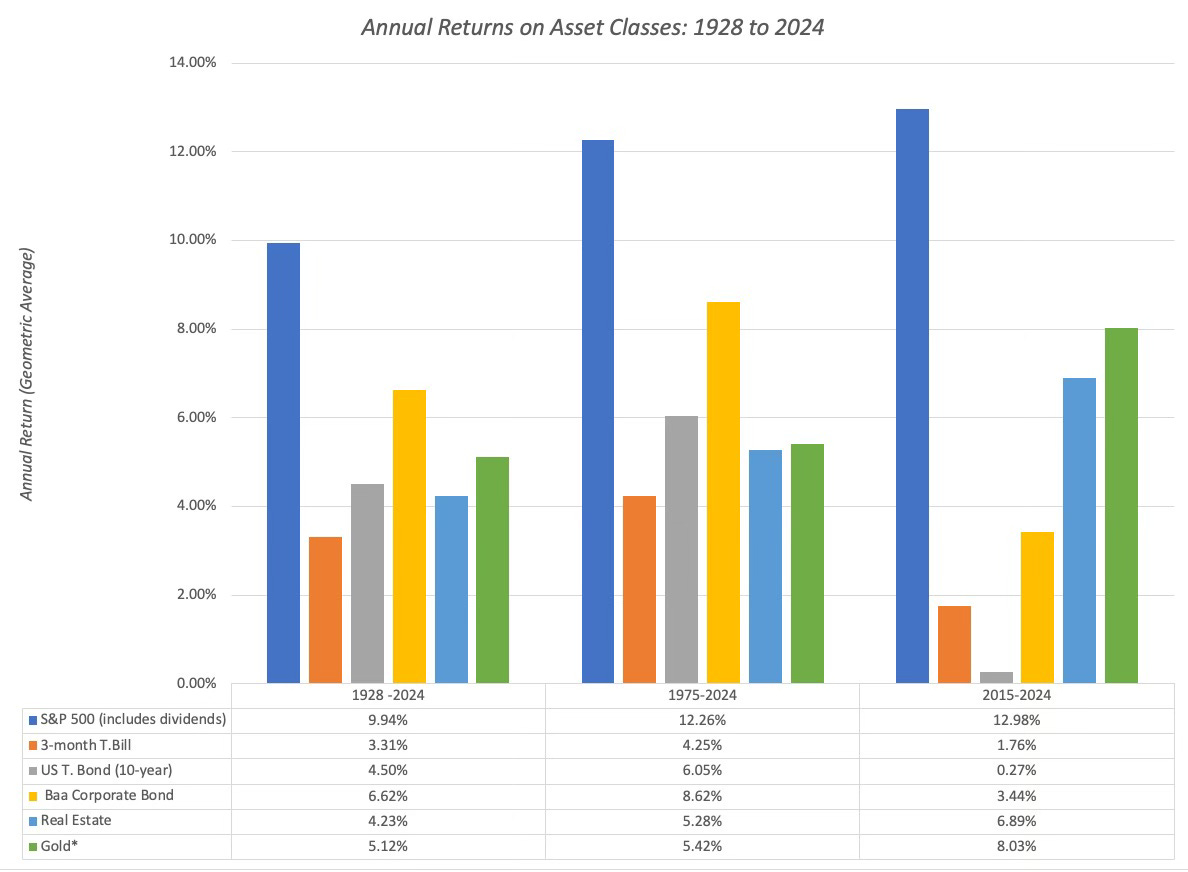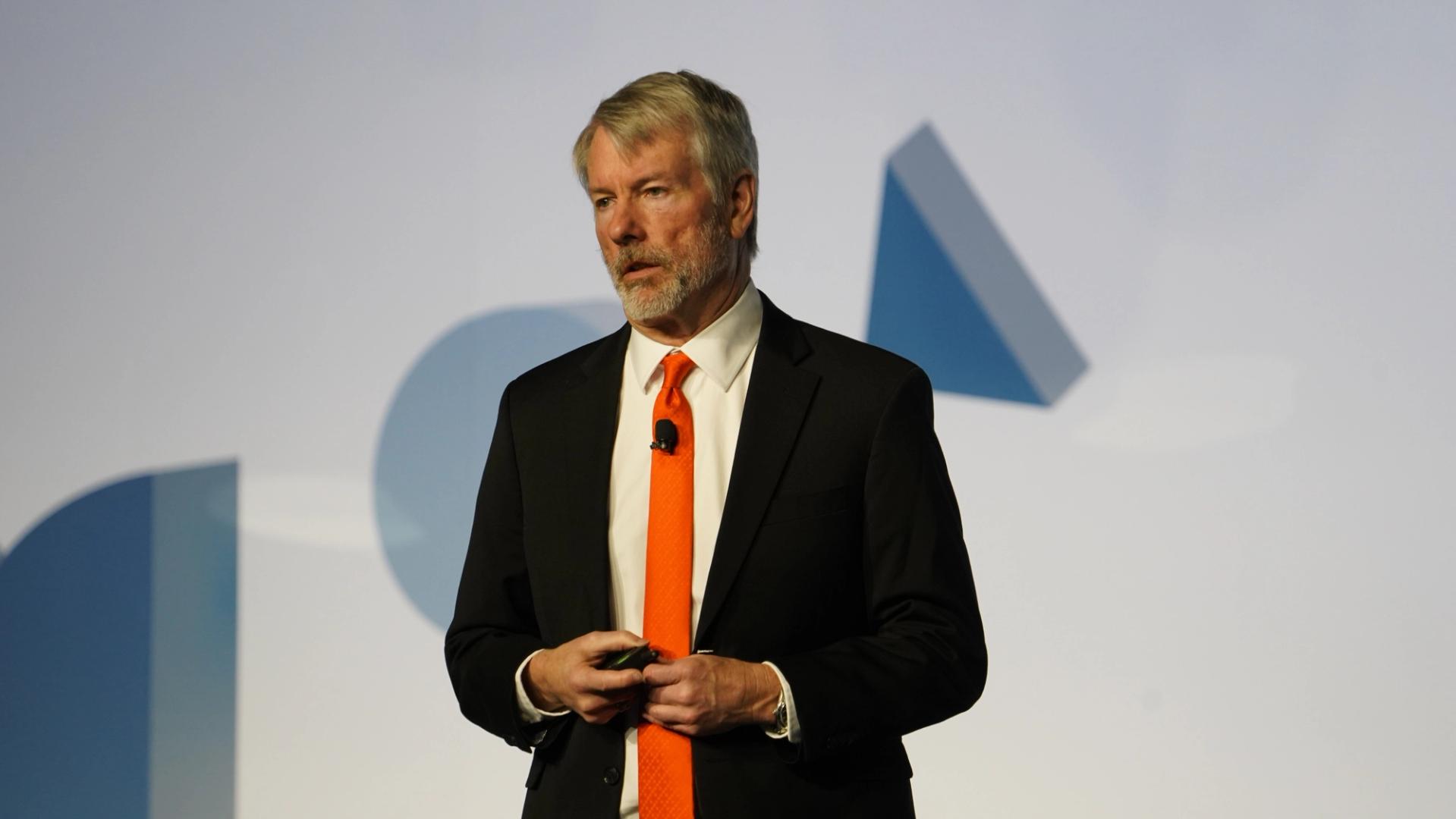I Have $80 Million But Feel Like I’m Still Working for Someone Else, Will It Ever Change?
The movie Limitless (2011) featured Bradley Cooper in his first dramatic starring role as Eddie Morra, a struggling writer who takes an experimental drug that enhances his cognitive abilities. By turning him into a financial trading wizard, the drug propels him into the stratosphere of high finance. As Eddie relishes his luxurious lifestyle and newfound […] The post I Have $80 Million But Feel Like I’m Still Working for Someone Else, Will It Ever Change? appeared first on 24/7 Wall St..

The movie Limitless (2011) featured Bradley Cooper in his first dramatic starring role as Eddie Morra, a struggling writer who takes an experimental drug that enhances his cognitive abilities. By turning him into a financial trading wizard, the drug propels him into the stratosphere of high finance. As Eddie relishes his luxurious lifestyle and newfound respect and admiration, he becomes addicted to the drug, the money, and the power, despite increasing mental blackouts, unexplained gaps in his memory, and the threat of mobsters seeking to steal the drug from him.
While not a primary aspect of the plot, the underlying theme of addiction in multiple forms is reiterated on several levels while the escalation of the cycle and the difficulty in jumping off the carousel is also explored. It becomes a trap for Eddie, since the fear of returning to his previously humble and failing life outweighs the growing memory and mental problems being triggered by the drug. The threats to Eddie’s life by the Russian mob finally shock him into the realization as to how much else he risks by staying on the ever spinning hamster wheel he has created for himself.
The fast track grind is unrelenting, and the temptation to remain on it often outweighs more rational concerns for one’s own mental and physical well-being. Just like a drug addiction, the craving for the momentary thrills of making big profits or collecting big paychecks subsumes common sense safeguards and rational behavior. Combating burnout, especially when finances are not the sole motivation, becomes trickier in identifying the causes and devising the solutions.
Key Points
-
The fast lane of 8-figure plus sized deals can be seductive and addictive, becoming a continuous cycle that is difficult to leave.
-
Even with the commensurate financial rewards from a successful career managing huge sums, finding personal fulfillment on a deeper level can elude many who stay in the fast lane.
-
A broader definition and discussion of the nature of success can be helpful in dealing with the pressure and mental toll from the challenges of maintaining the hamster wheel.
-
Are you ahead, or behind on retirement? SmartAsset’s free tool can match you with a financial advisor in minutes to help you answer that today. Each advisor has been carefully vetted, and must act in your best interests. Don’t waste another minute; get started by clicking here.(Sponsor)
“Maybe FatFIRE Isn’t About Freedom. Maybe It’s Just Wage Slavery In A Gucci Suit.”

Surprisingly, some people who have achieved profound success can lament about how it’s not all it’s cracked up to be. A Reddit fan who is probably in the top 10% of the 1% richest people posted his personal impressions on the emptiness of reaching the pinnacle of the pyramid. His details were as follows:
- The poster claims his net worth is roughly $80 million.
- His assets include multiple liquid forms (i.e. stocks, bonds, real estate, etc.) as well as private equity.
- The poster’s business is self-owned, so he has no boss, no Key Performance Indicator (KPI) metric hanging over his head, and no fixed 9-5 office hours.
- Contrary to his expectations, his success seems to have only migrated him to the same type of obligations and daily grind as when he was an employee.
- He finds his current situation is giving him the same stress and optimization addictions, albeit with “better wine, fancier vacations, and the illusion of control.”
- While no longer managing the funds of clients, the poster is now managing his own portfolio, putting him in the role of “CFO of his personal empire”, with added pressures and no other life beyond work.
- Ironically, he finds that the pursuit of FatFIRE (Financial Independence Retire Early) has left him stuck on the hamster wheel, irrationally paranoid of becoming irrelevant if he jumps off.
Redefining Success

As one might expect, the range of responses was very broad. A number of the responses thought it was a LARP (Live Action Role Play) hoax, with some accusing the poster of actually being a ChatGPT Bot. Others were incredulous, finding the poster’s complaints to be hysterically funny, and thinking it was a ridiculous attempt at virtual signaling for victimhood amidst his $80 million accumulated wealth.
Several unsympathetic respondents shot back with a mix of envy and resentment:
- “At $80 million, you’re working for your ego.”
- “Ego grows faster than wealth.”
- “Narcissists are in a prison of their own making.”
- “You need a life. Go find one.”
- “The problem is you.”
- “Cry me a river.”
- “If it helps you feel better, you’re already irrelevant.”
- “You made your business your personality and your identity. We all need something to bring us joy other than our job title.”
To be fair to the skeptics, the poster apparently had posted 6 months ago asking for investment advice to allocate monthly savings to set up accounts for his kids. It’s doubtful that someone who legitimately has amassed $80 million net worth would not have professional financial advisors and estate planners under retainer already for such a purpose.
That said, the topic is certainly a legitimate one that is not without precedent. There were some constructive critiques and helpful suggestions posted in response that are good food for thought:
- One respondent suggested a redefinition of success to extend beyond simply one’s self and making money to have consideration for others.
- Satisfaction can be found in creating a legacy to help one’s family for future generations.
- Type-A personalities who relish competing with their peers often don’t know how to live any other way, so taking a break to reset and assess priorities can offer some sorely needed respite.
- One respondent psychoanalyzed the poster as existentially running from death and filling the void with activity. Anxiety is expressed by the inability to say “no” to another board seat, etc.
- The RE part of FIRE is to retire into something with meaning. Not just quit your job once you’ve got enough cash.
- A former pro athlete advised that the only way to take the retirement plunge is to consciously take the step and be honest with yourself to help work through the reinvention process.
- Having a wealthy financial situation that affords one retirement options can include such activities as: Angel Investing, advising, charitable foundation management, as well as diversions, like travel, hobbies, meditation, fitness, and spending quality time with family and friends.
- From someone who conquered being in a similar predicament: Freedom isn’t absolute – it’s a spectrum we negotiate, often unconsciously. Unpacking the real you demands deep introspection and a step back from the C-suite treadmill. Unplug, strip away the noise, and rediscover your own voice. The stakes are low – you can always return to the grind if it calls.
- For you – success is the baseline. The real challenge is redefining it on your terms. Step off the track and recalibrate – the returns will outpace anything you’ve pitched in the boardroom.
- One respondent who had attained a similar net worth exited and put his holdings into 80/20 (growth/income) funds so he would have the freedom to travel, spend time with family, learn new skills and play video games.
Several who lauded the poster’s choice to stay in the grind pointed out these observations:
- People who think it’s about ego are off-base. We work for our FUTURE SELVES, and our family.
- Jeff Bezos had to ask himself “What happens on Day 2?” after he retired from Amazon. Fearing Day 2 means the decision has yet to be truly made. It’s easier to decide to DO something than NOT to do something.
- If Elon quit after making $180 million with PayPal, we would never have Tesla, X, Starlink, SpaceX, or The Boring Company, so there’s nothing wrong with staying in the game when others might have dropped out earlier.
The post I Have $80 Million But Feel Like I’m Still Working for Someone Else, Will It Ever Change? appeared first on 24/7 Wall St..

